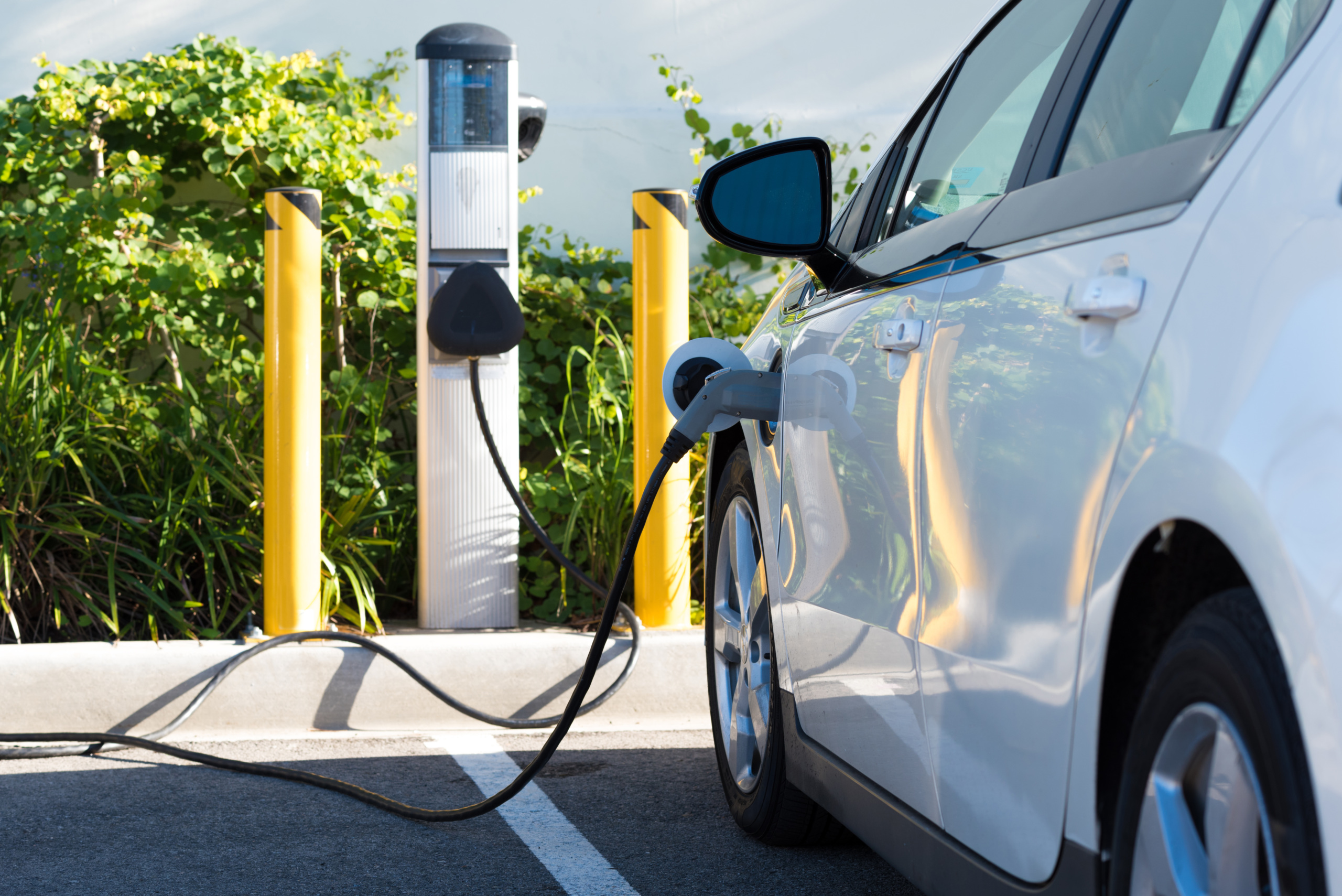
Testimony: Zero-Emission Truck Act of 2022
Diesel fumes from medium and heavy duty trucks on the road is a true health hazard.
Testimony on SB687/HB829
Zero-Emission Truck Act of 2022
Emily Scarr, Maryland PIRG Director
FAVORABLE
Throughout the state, Maryland children and families are suffering from the damaging effects of living with unhealthy air quality. In October, Maryland PIRG Foundation and Environment Maryland Research and Policy Center released “Trouble in the Air,” which outlined elevated air pollution days throughout the state. The Baltimore area experienced 43 elevated air pollution days in 2020, and many metropolitan areas throughout Maryland faced similar levels of air pollution. Elevated air pollution increases the risk of premature death, asthma attacks, cancer and other adverse health impacts.
In the American Lung Association’s 2021 State of the State Report, six Maryland counties received an “F” for air quality.
Clearly, the Advanced Clean Truck rule (ACT) won’t clean up all of our vehicles or even electrify all our trucks. But it will start to put us towards a path of mandating an increasingly higher number of electric trucks sold in the state starting in 2025, and ramping up for more than a decade.
Diesel fumes from medium and heavy duty trucks on the road is a true health hazard.
As a significant fraction of PM2. 5, diesel PM contributes to numerous health impacts that have been attributed to particulate matter exposure, including increased hospital admissions, particularly for heart disease, but also for respiratory illnesses, and even premature death.
Diesel trucks, like all fossil fuel vehicles, are also a source of global warming pollution.
The Advanced Clean Truck rule would apply to everything as small as delivery trucks to as big as 18-wheelers. It sets a sales requirement that increases each year, starting in 2025, so that a certain percentage of all trucks sold each year must be electric and ratcheting up through 2035.
This rule requires that vehicle manufacturers sell an increasing annual percentage of medium and heavy duty vehicles including pickup, delivery, and semi trucks as well as school buses between Model Year 2026 (for states that adopt in 2022) and 2035. These vehicles represent 10% of vehicles on the road but disproportionately contribute to 30% of carbon emissions, 45% of toxic nitrogen oxide emissions, and 57% of health harming particulate matter emitted by the entire transportation sector in the US.
The most common opposition to this bill by the vehicle industry is that the cost exceeds the benefits. This is false from multiple perspectives.
First, zero-emission trucks provide savings to fleets: many trucks are already cost competitive on a total cost of ownership basis; larger vehicles are expected to achieve parity by 2025, and heavy-duty long-haul vehicles are expected to achieve parity by 2030, even without incentives (ZEV owners are anticipated to save $30,000 over the lifetime and especially after model year 2035). This is largely due to fuel cost savings from charging with less expensive fuel and anticipated lower maintenance costs.
The upfront price of vehicles is also expected to continue to decline significantly as battery prices decline; adopting the ACT will only further that trend by increasing supply and improving economies of scale in a way that continues to depress prices. That being said, it is important to remember in the nearer term that looking only at these upfront expenses results in a myopic point of view – one that tells only a small part of the story and doesn’t take into account public health impacts and related healthcare costs.
By passing this bill, Maryland would join a growing number of states adopting the Advanced Clean Truck Rule, including California, Massachusetts, New York, New Jersey, Washington, and Oregon. This legislation would also help Maryland follow through on its commitment for 30% of all medium and heavy duty vehicles sales to be electric by 2030 and could create high quality, environmentally friendly jobs in the process.
We respectfully request a favorable report.
Topics
Authors
Emily Scarr
State Director, Maryland PIRG; Director, Stop Toxic PFAS Campaign, PIRG
Emily directs strategy, organizational development, research, communications and legislative advocacy for Maryland PIRG. Emily has helped win small donor public financing in Baltimore City, Baltimore County, Howard County, Montgomery County, and Prince George's County. She has played a key role in establishing new state laws to to protect public health by restricting the use of antibiotics on Maryland farms, require testing for lead in school drinking water and restrict the use of toxic flame retardant and PFAS chemicals. Emily also serves on the Executive Committees of the Maryland Fair Elections Coalition and the Maryland Campaign to Keep Antibiotics Working. Emily lives in Baltimore City with her husband, kids, and dog.
Find Out More

Lawn care goes electric

Green schools guide

How federal tax credits can help you reduce energy waste in your home

